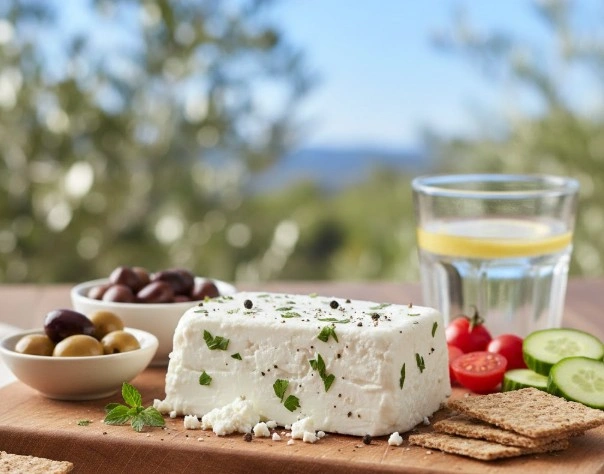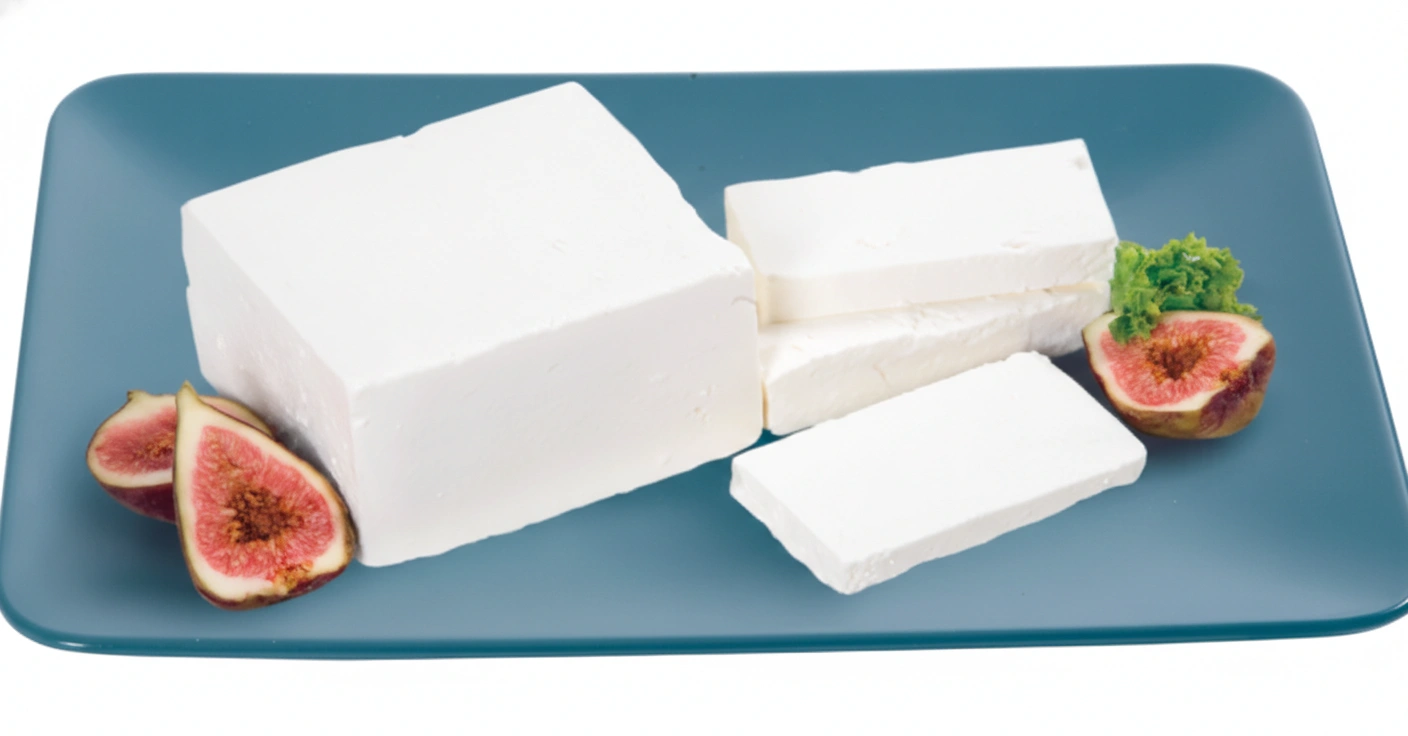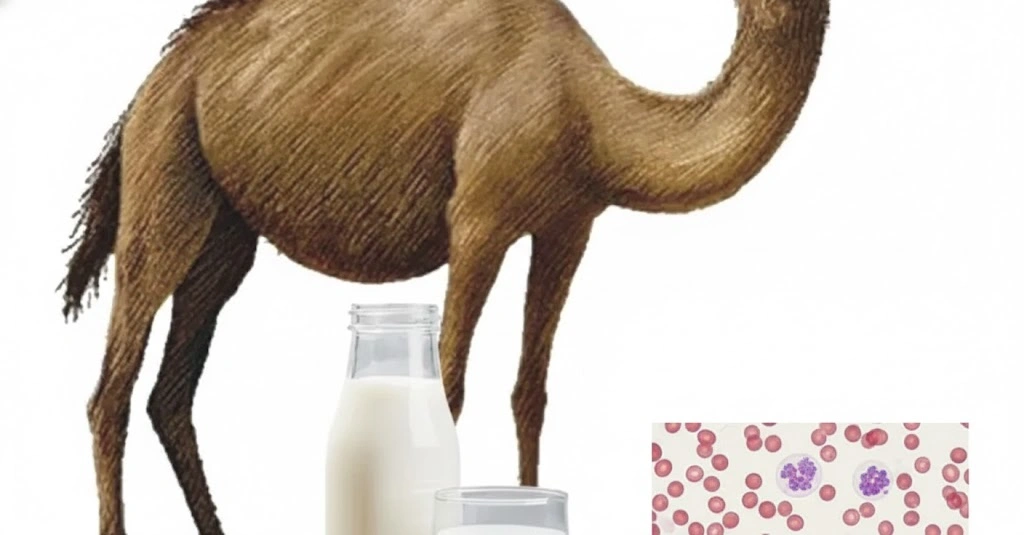What you Want, Find Here ↓
ToggleFeta Cheese: Good or Bad?
The world feta is a Greek word which means “slice”. Feta cheese is widely made in Greece. In other words, we can say, it’s a traditional cheese in Greece. According to some scientific references, feta has been produced since Homer’s Odyssey time (8th B.C) in Polyphemus’s cave.

Here’s more to know about feta cheese:
It is a PDO product which means that its production is only confined to Greece, if it produces outside the greek, then it will not call by the name feta cheese.
It is a soft, white brined cheese, packed with calcium. It is highly nutritious, also a part of Mediterranean cuisine.
How to make Feta Cheese?
Feta cheese is made from the combination of sheep & goat’s milk. In the
1st step: Milk is pasteurized and lactic acid starter culture is added. After adding starter culture into the milk, curdling starts and whey separated. Then rennin is added to coagulate the casein protein.
2nd step: The curd is shaped by draining out the whey, then this curd is placed in molds for 24h. After 24h, the curd becomes firm, cut it into cubes, brined & placed in wooden barrels for up to 3 days
3rd step: The cheese blocks are placed in brine solution & refrigerated for 2 months.
Last Step: When cheese properly aged/matured, it is packaged in brine solution to preserve freshness.
Unique Characteristic of Feta Cheese:
Do u know what makes feta cheese different from other white cheeses?
Here your answer is:
Authentic feta cheese is made from 70% sheep & 30% goat’s milk while mostly other white cheeses are made from cow milk. Moreover, cow’s milk has a very mild taste and that’s why its produced cheese is less flavorsome. But the cheese made from another than cow’s milk has a tangy flavor. Its flavor enhances with age.
It possesses crumbly texture or commonly produced in blocks.
It doesn’t mean that the other cheese is not good but they just aren’t feta.
There is also an interesting fact about it:
It contains lower amount of fat than other aged cheeses like cheddar & parmesan.
For e.g;- 1 ounce of feta contains 74 calories & 6g of fats while cheddar contain 110 calories & 7g of fats.
Nutrient facts of Feta cheese:
One ounce (28 grams) of feta cheese provides:
| Nutrients | Per gram |
| Calories | 74 |
| Fats | 6g |
| Protein | 4g |
| Carbs | 1.1 g |
| Riboflavin | 14g |
| Calcium | 14g |
| Sodium | 13g |
| Phosphorus | 9g |
| Vitamin B12 | 8g |
| Selenium | 6g |
| Vitamin B6 | 6g |
| Zinc | 5g |
Feta cheese also contains adequate amount of other vitamins & minerals like magnesium, iron, vitamin A & K etc.
Beneficial effects on health (Feta Cheese):
There are more interesting facts about feta cheese which is
- Good for bone health
- Good for healthy gut.
- Contains essential fatty acid(CLA’s)
- Good source of vitamins
- Contains histidine

How it keep our bones healthy with Feta cheese?
As we all know that, dairy is a rich source of some vital nutrients and feta cheese is a dairy product.
It doesn’t matter at all whether it is feta or other type of white cheese. It must contains calcium & phosphorus.
These nutrients participate in keeping bones strong & healthy.
Calcium promotes bone density & reduce the risk of osteoporosis. While phosphorus is the main component of bone.
There is more interesting fact in it
Sheep & goat’s milk contain more calcium & phosphorus than cow milk
And as u know feta is made from sheep & goat milk, so its good to consume feta daily but in adequate amount.
How it keeps our gut healthy with Feta Cheese?
Feta has been shown to contain probiotics, which are live gut-friendly bacteria.
These bacteria act as a protective barrier against many bacterial pathogens such as E-coli & salmonella species.
Also strengthens our immune system.
Moreover, it also promotes the production of anti-inflammatory substances in our body.
How CLA is good for our health?
Conjugated Linoleic acid(CLA) is an essential fatty acid found in animal products.
It has accountable health benefits such as:
- Prevent from diabetes
- Reduce fat production
- Lowers the risk of breast cancer
Sheep’s milk cheese contains higher conc. of CLA’s as compared to goat milk’s cheese. The concentration of CLA in feta is 1.9%.
Feta Cheese contain vitamin’s:
If you are in search of some vitamins like vitamin A & B6, then no doubt, feta is the best option to consume.
As, it contains 0.5µg of vitamin B6.
Feta Cheese is Good source of protein:
“Feta is a good source of protein Histidine which is immensely beneficial for muscles.”
In addition to good fats and calcium, feta has a high protein content sitting at 4.8 grams of protein per 28-gram serving. Researchers have found that the protein in these products has a positive effect on insulin secretions and that the combination of calcium, magnesium, potassium, specific fatty acids and low GI sugars have beneficial effects on glucose control, insulin sensitivity, and insulin secretion. This, in turn, lowers your risk of developing type-2 diabetes. Another protein found in feta cheese nutrition is called histidine. When histidine is combined with vitamin B6, it undergoes a molecular process to become histamine, a compound that provides anti-inflammatory benefits.
But wait let me tell you something there are some drawbacks of feta
Drawbacks of Feta:
- Contains high level of sodium
- Contains Lactose
- Pregnant women can’t consume it.
How much sodium does feta contains?
As we all know, brining is the compulsory step in cheese processing to enhance flavor. The salt content in brining solution may vary with the type of cheese. So, the sodium contents in feta is 312mg in 1 ounce
The sodium, content in feta may trigger your blood cholesterol levels
But don’t worried about it, if you are sensitive to feta cheese, you can rinse out feta before eating it
Rinsing feta with water may reduce the salt content in it.
Lactose intolerant patient can’t consume it:
Feta is an unripened cheese and this type of cheese tend to contain higher levels of lactose
Here’s why
People who are milk allergic or lactose intolerant shouldn’t consume feta.
Why pregnant women can’t consume Feta?
Feta cheese is also made from unpasteurized milk which contains listeria. Listeria bacteria can causes listeriosis in healthy mothers and may also harm their baby. Doctors usually advise to not to eat raw foods such as vegetables & meat or also dairy products.
Sources:
- https://food.ndtv.com/food-drinks/what-is-feta-cheese-5-reasons-why-you-should-include-it-in-your-diet-1787311
- https://www.livestrong.com/article/324634-is-feta-cheese-healthy/
- https://draxe.com/nutrition/feta-cheese-nutrition/
- https://economictimes.indiatimes.com/magazines/panache/more-reasons-to-love-cheese-feta-can-boost-immunity-improve-gut-health-and-reduce-diabetes-risk/articleshow/65148952.cms




